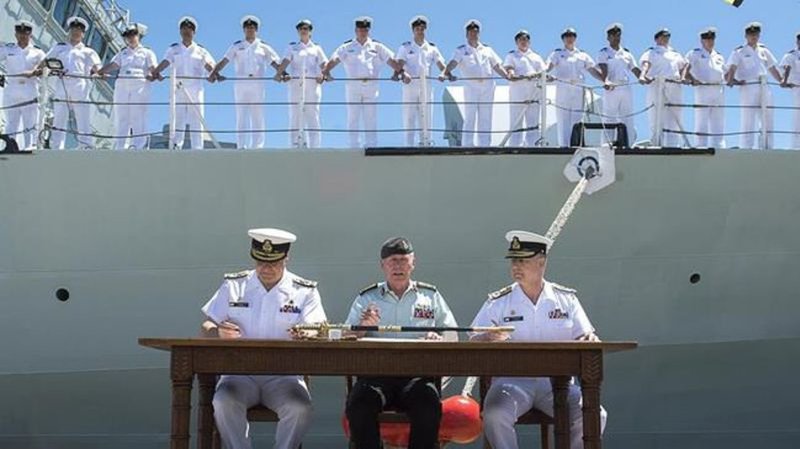
Misconduct allegations put spotlight on military leaders’ rise in sexualized culture
OTTAWA — Emerging allegations of sexual misconduct against senior members of the Armed Forces are raising concerns about the extent to which the top brass is tainted by such behaviour — and prompting sharp discussions about how to fix the problem.
The ideas include everything from restorative justice or even a truth-and-reconciliation commission to a marked change in how the military chooses its leaders and a shuffle in the top ranks.
Today’s leaders came up through what retired Supreme Court justice Marie Deschamps described in 2015 as an “underlying sexual culture” that was hostile to women and left victims of sexual assault and harassment to fend for themselves.
“It’s quite clear that most of the CAF’s senior leadership began their careers around the same time, when sexual harassment and sexual assault were not taken seriously,” says former air force reservist Christine Wood, co-chair of the military sexual-trauma survivors’ group It’s Just 700.
